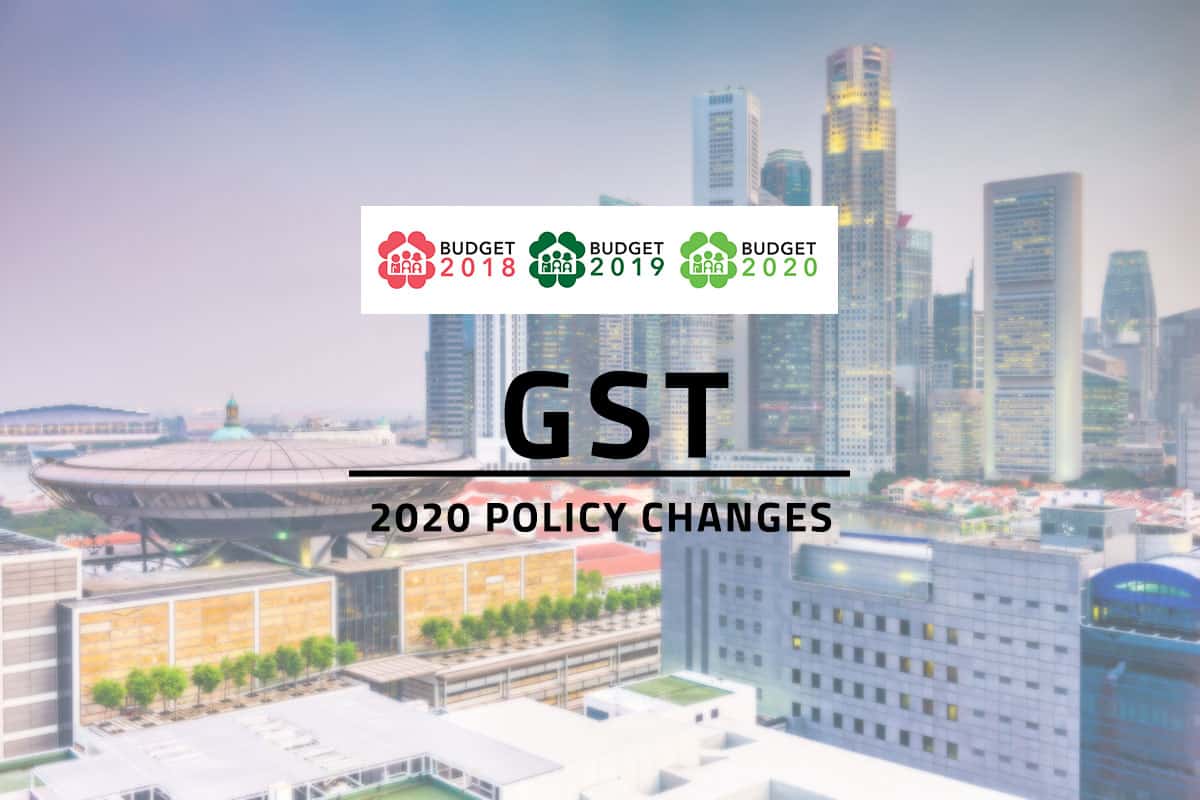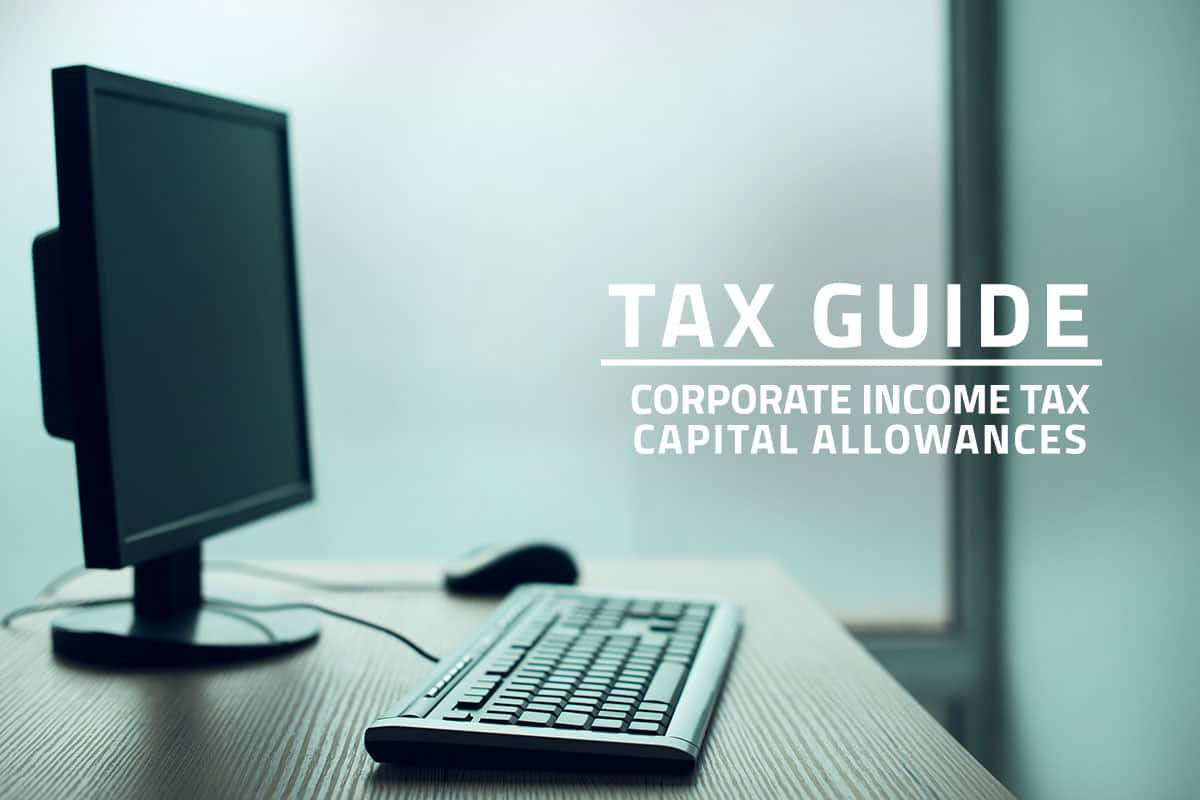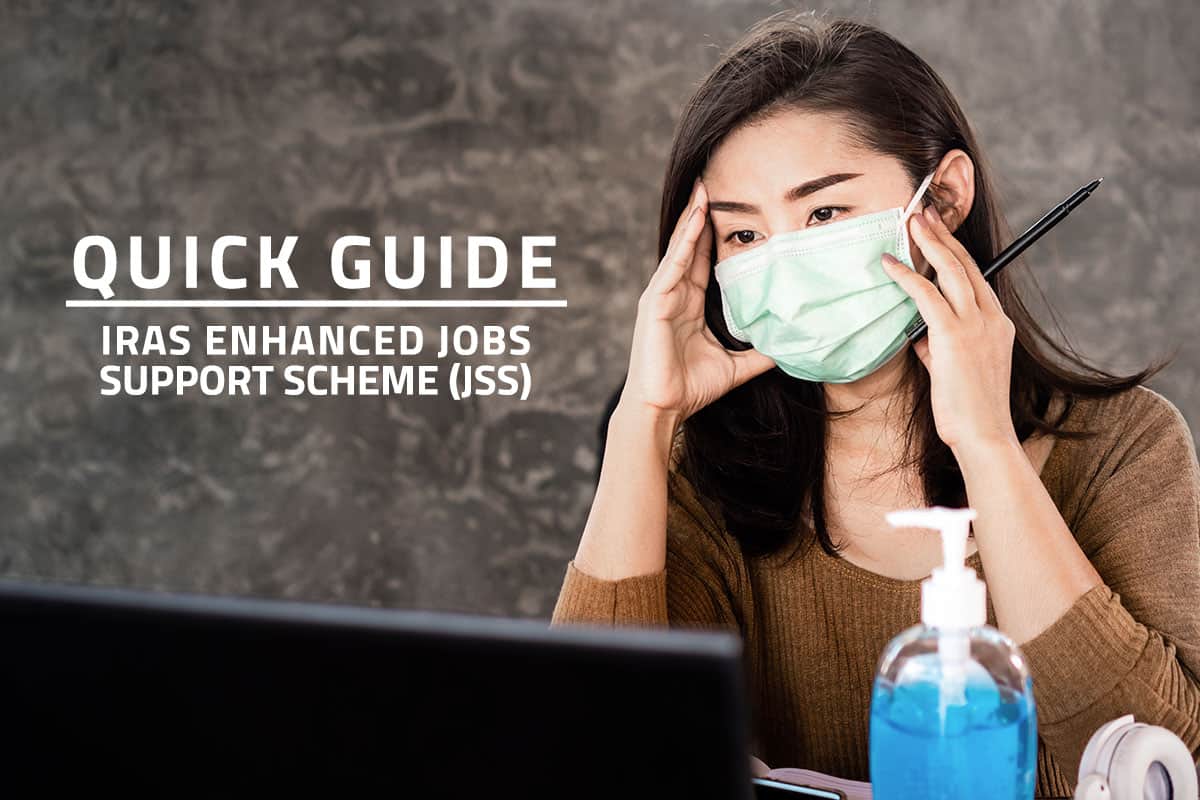On the 20th of February 2018, Finance Minister, Mr Heng Swee Keat announced in his Singapore budget 2018 speech that the country’s GST rate will be increased from 7% to 9% starting from 2021 onwards. On the GST front, digital services such as Netflix subscriptions as well as apps purchased and downloaded via smartphone would be subjected to GST starting from year 2020. The new digital services ruling has taken effect since the start of this month.

On 18 February 2019 during the Singapore budget 2019, the GST relief quota was lowered for both goods brought in by travellers who stayed shorter or longer than 48 hours. This ruling took immediate effect from 19 February 2019. The duty-free alcohol limit was reduced as well from 3 to 2 litres starting 1 April 2019.Here is a quick table summary of key highlights to GST policy adjustments for Budget 2018 and 2019:
Date | Type of Tax | Policy Change | Effective Date |
Budget 2018 | GST on digital services | Digital services will be subject to GST charges | 1 Jan 2020 |
Overall GST rate | GST rate raised from 7% to 9% | 2021 to 2025 | |
Budget 2019 | GST import relief (at least 48 hours outside Singapore) | GST relief quota lowered from SGD150 to SGD100 | 19 Feb 2019 |
GST import relief (less than 48 hours outside Singapore) | GST relief quota lowered from SGD600 to SGD500 | 19 Feb 2019 | |
| Alcohol duties | Reduced alcohol duty-free concession from 3 litres to 2 litres | 1 Apr 2019 |
GST on Digital Services
According to an IRAS news release, the implementation of digital tax has spurred more than 100 overseas digital service vendors registering for GST under Singapore’s Overseas Vendor Registration (OVR). The OVR regime was introduced specifically for overseas or foreign companies providing digital services to end consumers (Business-to-Consumer). This mandates GST registration for digital service providers outside Singapore provided 2 key criteria are fulfilled as follows:
- The supplier has global sales exceeding SGD1million and
- Digital services sales to Singapore consumers exceed SGD100,000.
Online marketplace operators that act as a middle person platform will also be regarded as digital service providers and liable for GST registration.
Reverse Charge Regime
For overseas Business-to-Business imports, if you are GST registered, GST is required to be accounted for all supplies consumed under the Reverse Charge regime. Singapore companies can then proceed to claim GST input tax provided they are not entitled to full input tax credit. The ruling has the intended effect of levelling the GST treatment for all services consumed locally.
Budget 2020
The 2020 Budget announcement is set to be delivered on 18 February 2020. Singapore Prime Minister Lee Hsien Loong has dropped hints on the overall contents of the Budget, which is to support productivity gains for Singapore companies, enhance the skills and competitiveness of the local workforce, assist households in managing cost of living increases and increasing welfare for the elderly. These would mean extension of existing tax credit schemes aimed at worker productivity enhancement for businesses. Singapore businesses must continue to innovate in order to compete in an open global economy.
Impact on Singapore Businesses and Consumers
GST increase will have various implications on the bottom line of businesses and consumer spending behaviours. One common expectation would be lower consumer spending as consumers bear the final tax burden. GST imposed on digital services will see consumers paying higher prices for their online subscription for media or accounting solutions. Consumers can now use the IRAS GST-registered Business Search tool to check whether an overseas digital service provider is registered for GST.
The planned GST increase may occur in phases where the increase is done in 2 stages, with each phase being 1% increase in GST. Planned implementation remains an open question.
With all the GST policies coming into effect in 2020 and 2021, consulting a qualified tax professional may be a good option to get your business ready for being GST compliant. Finding the right tax partner will also ensure you get the right advice for sourcing ways to minimize the impact on the planned GST increase in the following years.
Related Posts
Tax Guide: Singapore Capital Allowances
By law, all Singapore Companies are required to file annual income tax returns to the…
Quick Guide: IAS 20 – Accounting for Government Grants
This year, the COVID-19 crisis has adversely impacted the global economy. Singapore is no exemption,…
Singapore Guide: ISCA FRB 6 – Accounting for Jobs Support Scheme
This year, the COVID-19 pandemic has inevitably adversely impacted the global economy. Singapore companies and…
Quick Guide: Singapore’s Enhanced Jobs Support Scheme (JSS)
The Singaporean government launched the Jobs Support Scheme (JSS) in late April as part of…












